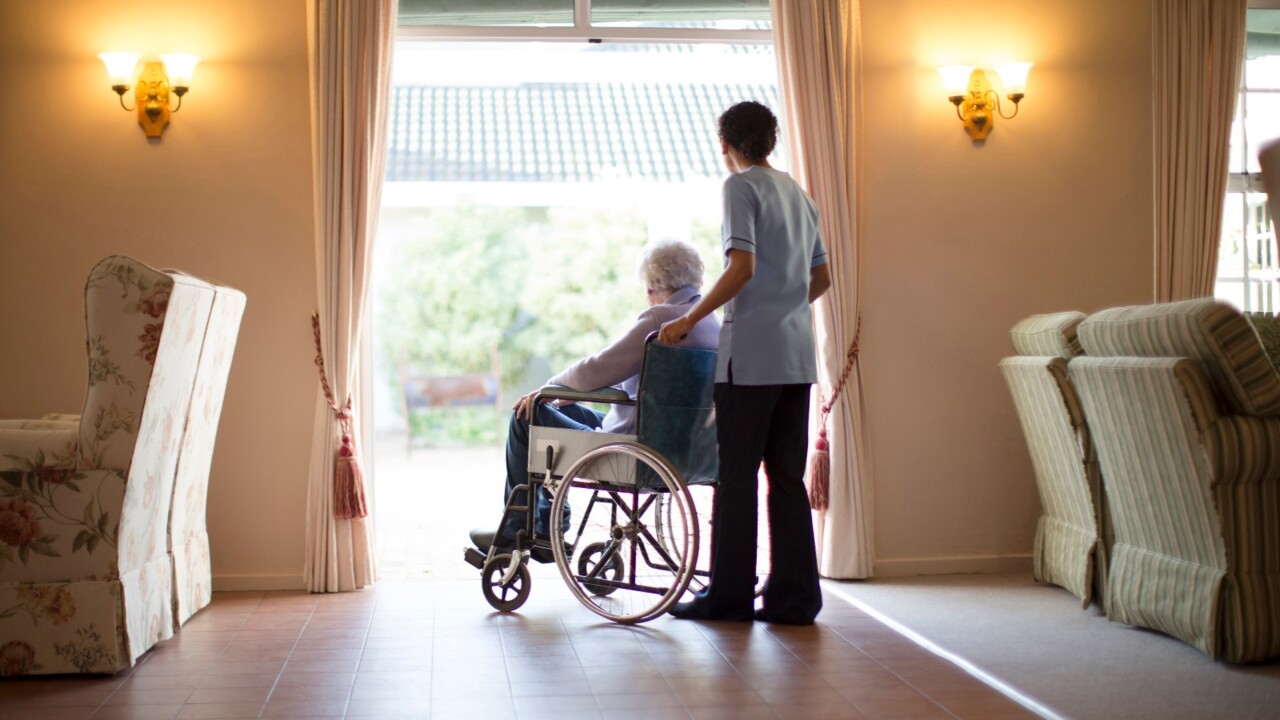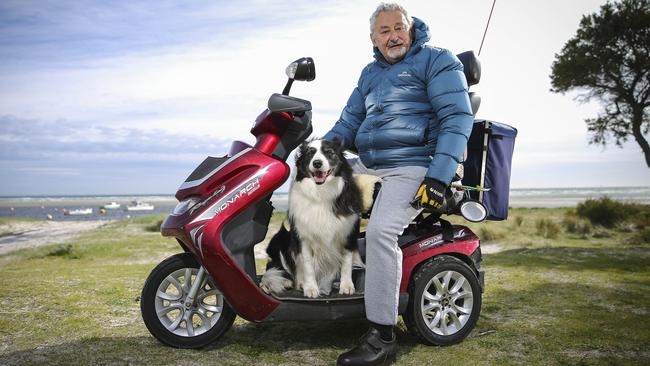Home care providers deny mobility scooter claims as Australian government pulls the plug
The federal government has made a bold decision under the updated home care scheme, one which could impact more than 100,000 Australians.

NSW
Don't miss out on the headlines from NSW. Followed categories will be added to My News.
Claims for mobility scooters for older Australians may no longer be approved under the updated home care scheme, as the assistive technology was not mentioned in the new guidelines.
The scooters give people with mobility issues the freedom to leave their homes. It is estimated more than 100,000 people over the age of 60 rely on scooters nationally.
In a further blow to older Australians, allied health professionals have said they have also seen the approval of their services drop overnight after the updated guidelines were released on January 13.
Owner of Just Better Care Southern Riverina, Ann Sampson said the ambiguity around mobility scooters means many Home Care providers will be unlikely to approve them.
“It hasn’t been excluded or included and that makes it discretionary,” she said.

Ms Sampson said the cost of organising assessments and approvals for mobility scooters is so high for providers.
“Why aged care providers will be saying, ‘no it’s not included’ is because their funding has been dramatically cut and therefore they’re not prepared to do the paperwork.”
Ms Sampson said the changes were the tip of the iceberg for the sector.
“The system is not working, people are falling through the cracks,” she said.
“I have been a nurse for 48 years and I have to say I am no longer proud to be a nurse.”
CEO of allied health provider AAC Health Group, Alwyn Blayse said he saw evidence of home care providers denying claims for allied health services almost immediately after the guidelines were published. ACC Health provides occupational health and physiotherapy services.
“It’s amazing how quickly the industry adapts,” he said.
“We’ve seen this as contractors, they (providers) are definitely trying to influence the clients in their decision making, saying the government is cracking down.”
Mr Blayse’s own mother-in-law who is on a package was denied access to allied health in late January.
“She’s in her 70s and has diabetes and stenosis,” he said.
“Her home provider told her she couldn’t have allied health because the government was cutting down on it.
“I’m worried that too many times allied health decisions are not being made for clinical reasons but for financial ones.”




